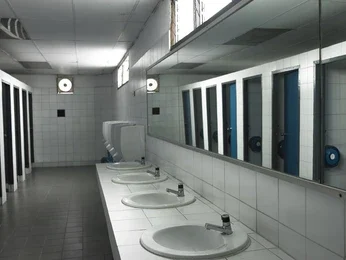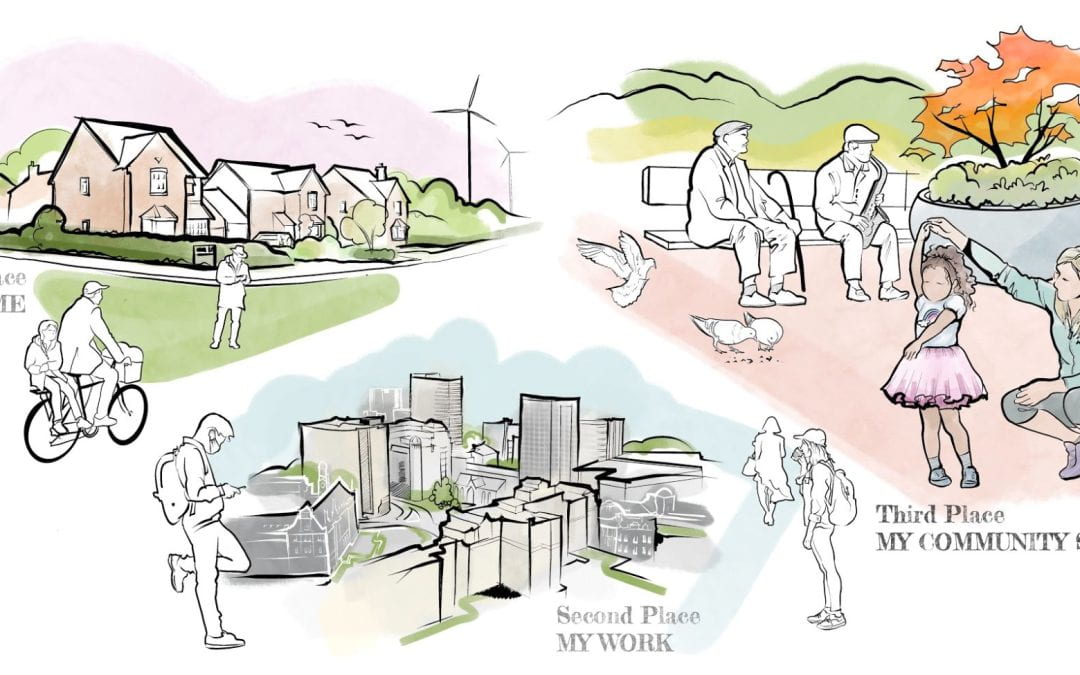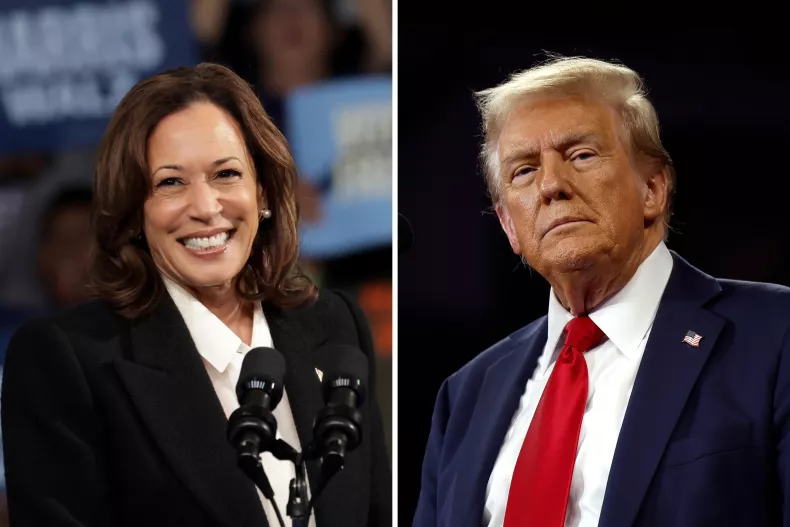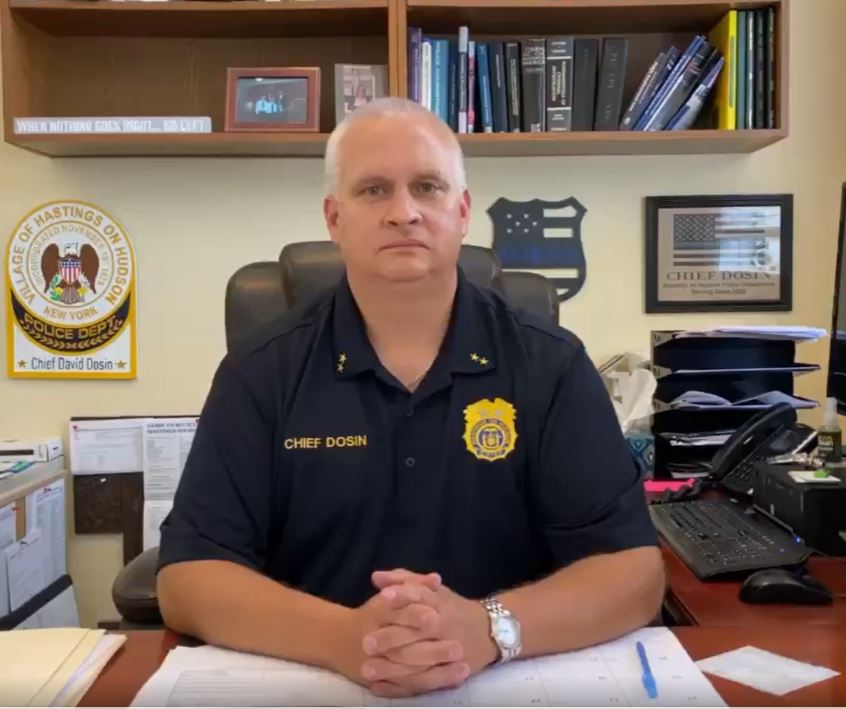An Interview with Police Chief Dosin
October 11, 2020
In the midst of Black Lives Matter rallies and protests sparked by the loss of Black lives at the hands of police brutality, hate crimes, and systematic racism, I wanted to sit down and have a conversation with Hastings Police Chief Dosin in order to determine the response of his police force to these major national and structural issues. Below are a couple of questions that I found most imperative, but if you’d like to read the entire interview transcript, click here.
How did you become a police officer?
“I grew up in Hastings, went to Hastings high school, and then went on to Mercy College where I did an internship with the Hastings police department. I always wanted to be a police officer; my family has a lot of police officers retired now. I think I’m the only actual police officer in my family that is not retired. My son’s a fireman. I like the Yankees, he likes the Mets. I always wanted to be a Hastings police officer, but unfortunately I started my career in Norwalk, Connecticut in 1989. I did take the test for Hastings, and then I was able to interview and in 1990 I became a Hastings police officer. Then, in 1998, I was promoted to Seargent and in 2009 I was promoted to Liutenent. In 2019 I was promoted to Chief; [I] can’t go any higher! Basically I just love helping people, working with people, and helping them solve their problems.”
What are the policies do you have in place that you believe distinguishes – and distances you – from, say, the police officers you mentioned in Minneapolis involved in the shooting of Jacob Blake?
“Sure, so one of the things that we’re doing here in Hastings is accreditation, which basically shows the public that you’re abiding by NYS standards…You’ll see there’s 150 NYS standards you have to abide by and you have to prove that you abide by those things. So that’s one of the first things that helps separate us from people – being accredited is huge. I’m a big supporter of it and it’s gonna happen here. It’s getting delayed because now there’s police reform; I welcome it. I’m all for change, input, and working with people. Anybody is welcome to come down and chat – you know, if someone has something on their mind – we do Coffee with Cops now, we want to engage with the public and want them to know that we’re here for them. That’s what it’s all about. With police reform, there are several opportunities for change here. Our use of force policy is in compliance with all of police reform and NYS accrediation. Creating communication is the key to success. I’m a big supporter of communicating with the public. My goal was to be accredited by the end of the year, but the police reform is putting a littler damper – a hold – on it because the policies and procedures have to be accredited every three months.”
Could you speak on some of the new police reform changes that will be coming through?
“Changes to the use of force, changes/updates to the accreditation standards, there’s a number of policies that have to be updated throughout the year, that has nothing to do with police reform. The big one with police reform is the use of force. We want to make sure that the chokehold – the definition of a chokehold – is in there and that we don’t want that. We have an escalation and the use of force continuum that we go by. Of course you always want to try to solve things verbally, that’s the goal, but we have a ladder we just make sure that everything is in compliance. We instituted training on de-escalation to make sure the officers – all the officers – are taking a training class and one of them is titled “The Death of George Floyd, the Response That Might of Been” and so what happens is the officers watch the video and then they take an exam at the end of the video and they get a certificate once they pass. So the whole entire department is doing that, and other types of de-escalation training is coming. The officers also train at the Police Academy this year – the officers do 21 hours of in-service training – and do de-escalation training there. Training is the key to success in the police academy.”
How does it feel as a police officer to see other police officers around the country commit crimes like this?
“It makes me sick. I don’t know what some people think – I can’t control that. It angers me, especially what happened out in Minneapolis, Minnesota and it makes me try more to make sure that we are not doing that stuff here.
A recent study found that there were marked racial differences in perceptions of police behavior and legitimacy of police stops. Less than half of Black and Hispanic residents stopped on the street by police thought the stop was legitimate, while two-thirds of white residents did. And 60% of Black residents who experienced the threat or use of force perceived the force as excessive, compared to 43% of white residents who experienced force. How do you gain trust? Do you think it is imperative or necessary to bridge communication and partnership with people of color in Hastings? Why do you think this statistic exists?
“Well, I’d like to know why they feel that way – that would be the first thing. I don’t think it’s a problem here in Hastings. That would be key – it’s hard to answer a question without knowing the reason why. And if they think something’s wrong, then let’s talk and try and see so maybe they can hear the other side and see, “this is why we do this” or, if there’s something that needs to be changed, then ‘oh wow thank you for bringing that to our attention let’s work on this.’”
On a personal level, I know I have many prejudices and implicit biases that absolutely need to change and I think it’s important that I hold myself accountable. So how do you ensure that your own implicit biases don’t inform your decisions in policing? How do you actively try to reoncile with and change your own implicit biases?
“We went through implicit bias training, so we are again training on topics such as that which is very important. And it makes people realize and it opens eyes and it helps. And you’ll see that here in Hastings – I think that’s going to be part of police reform, one of the topics.”
In a recent study, Black residents were more likely to be stopped by police than white or Hispanic residents, both in traffic stops and street stops. Black and Hispanic residents were also more likely to have multiple contacts with police than white residents, especially in the contexts of traffic and street stops. More than 1 in 6 Black residents who were pulled over in a traffic stop or stopped on the street had similar interactions with police multiple times over the course of the year. What are your thoughts on racial profiling in policing?
“Well, I can tell you internally, we don’t do that here in Hastings. We don’t racial profile. There’s no place for it in policing in my opinion. Black, white, purple, orange, blue, everybody is going to be treated the same and that’s what’s important. Here in Hastings we treat everyone fairly. You know, that’s what we do. And that’s the message that we send out here to the officers. So I can’t speak on a national level, but I can assure you that it does not happen here.”
Do you think it is imperative or necessary to bridge communication and partnership with people of color in Hastings?
“I think it’s very important to explain the reason why they’re being stopped, and what’s going on. Again that’s probably going to come with police reform. It would be coming back to two words: training and communicating. Training officers to explain to the public why they stopped them would help reduce that, and then the public being educated on why we’re doing it this way again is communication. Training and communication. Developing that relationship is key. We’re all in it together.”
Bureau of Justice defines racial profiling as any police-initiated action that relies on the race, ethnicity, or national origin rather than the behavior of an individual or information that leads the police to a particular individual who has been identified as being, or having been, engaged in criminal activity. Indeed, the allegations have become so common that the community of color has labeled the phenomenon with the derisive term “driving while black” or “driving while brown.” Have you ever heard in conversations with people of color in Hastings if they’ve every felt that way?
“No, no one has ever come forward to us and made a complaint in that regard. I assure you that if someone is stopped in Hastings there is a legitimate reason for why they’re being stopped. No one has ever had a conversation with me about that.”
Can you speak on the Black Lives Matter movement and on everything that has been happening right now?
“We support the Black Lives Matter movement. What we don’t support is the violence and the destruction of property. We support protests – my big thing is to make sure that everyone is safe. We’re all in here as one big community. I think we should all be held accountable for our actions, no matter who we are, and so it’s important. If you do something, you should be held accountable. I personally believe everyone should be held accountable for their actions.”


















